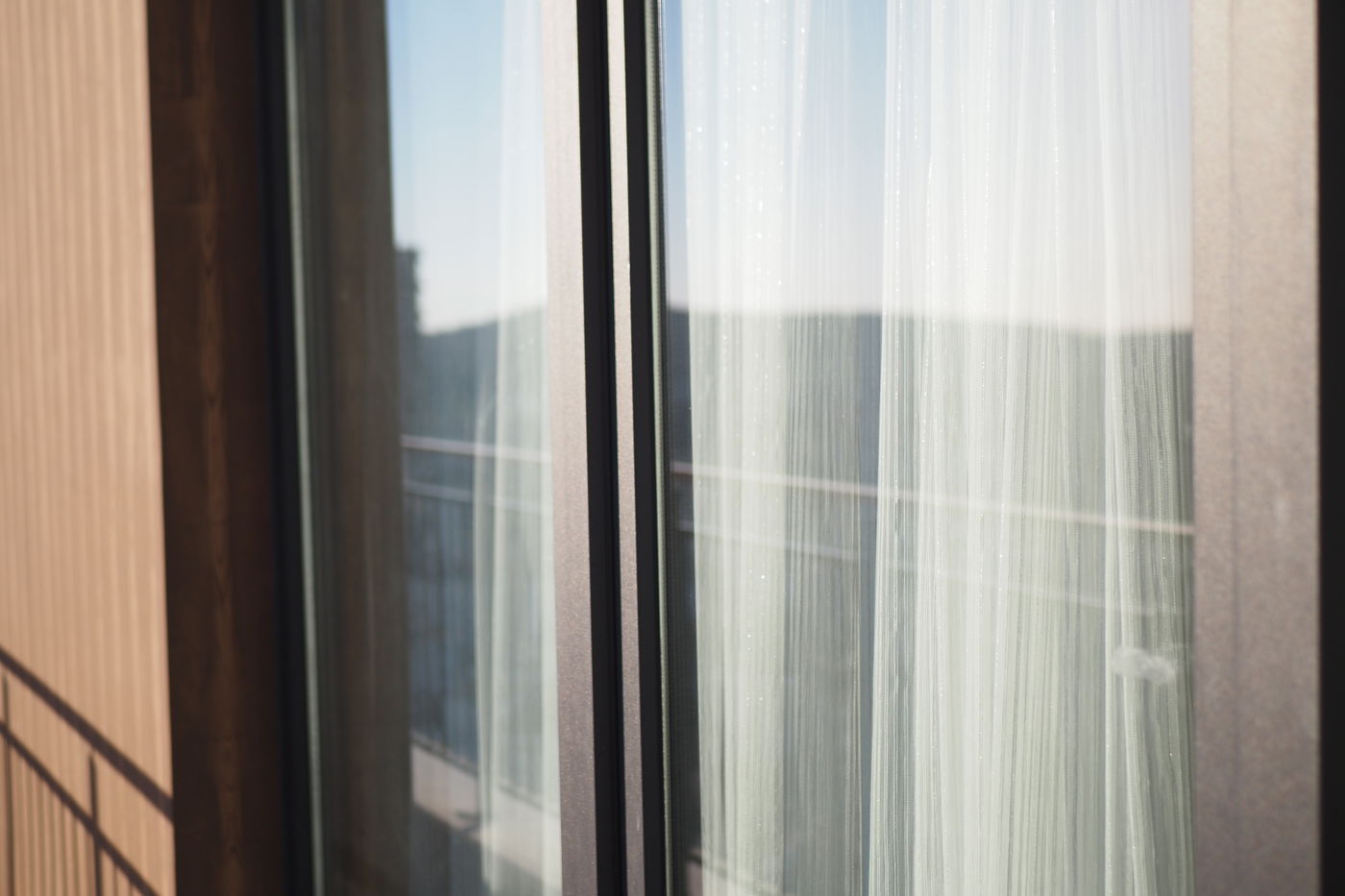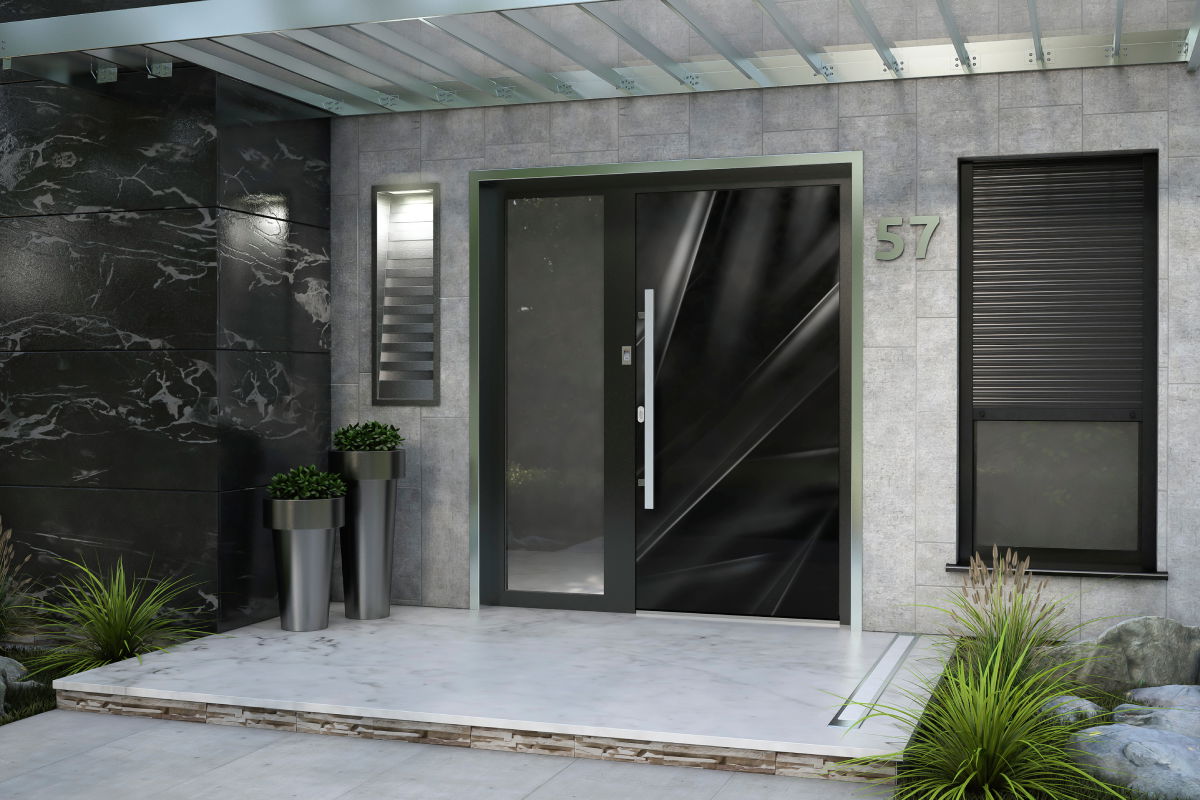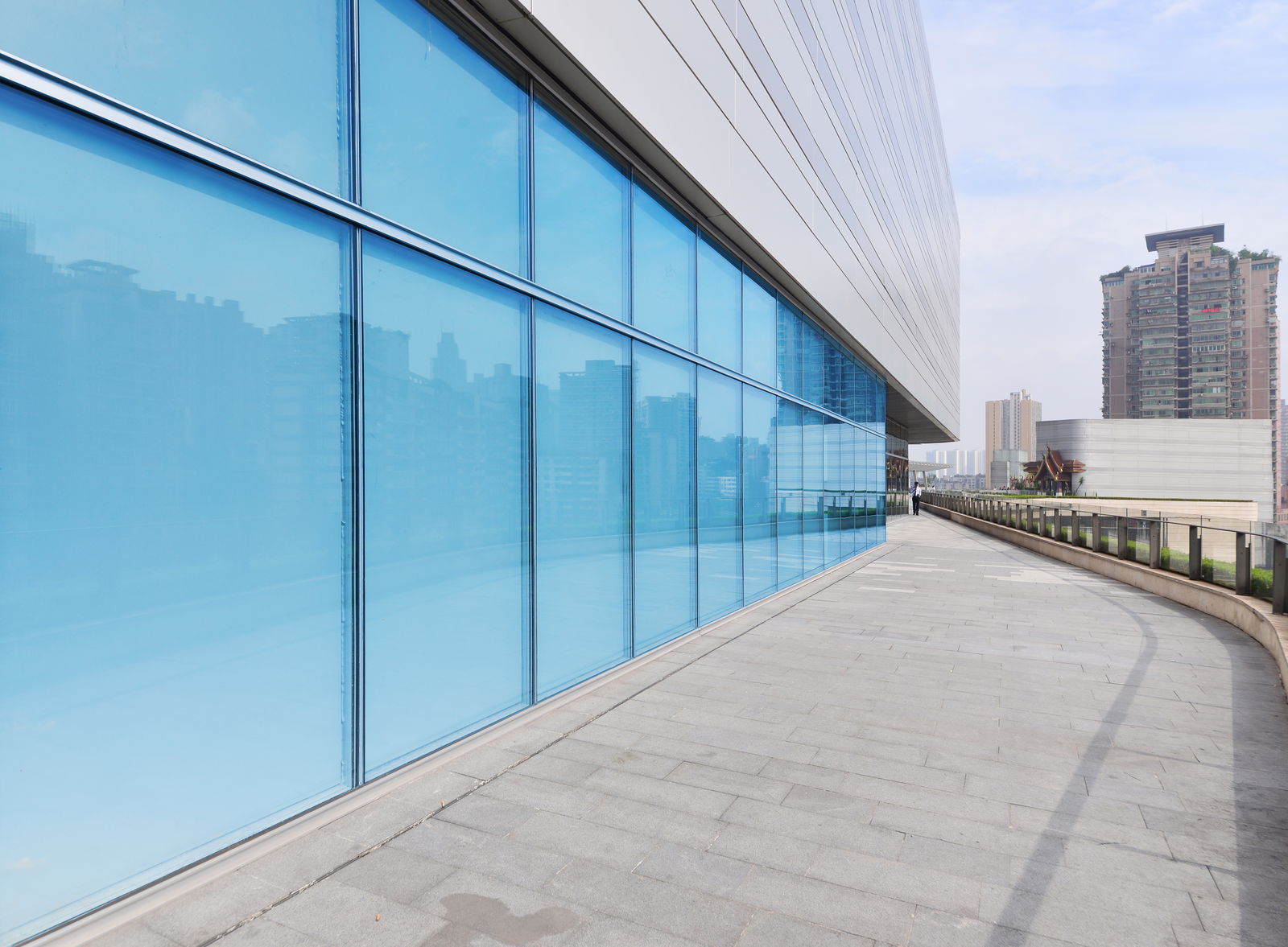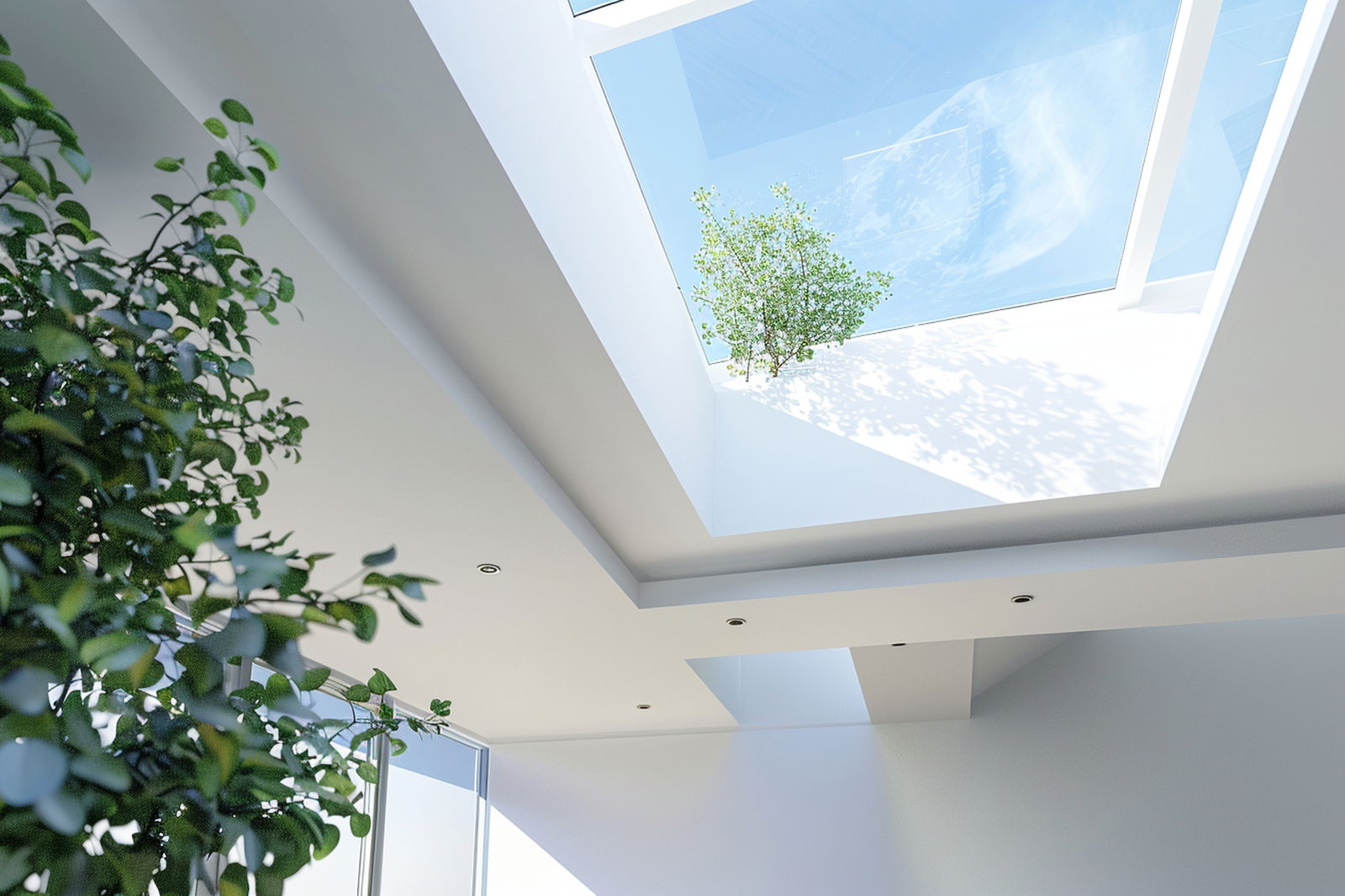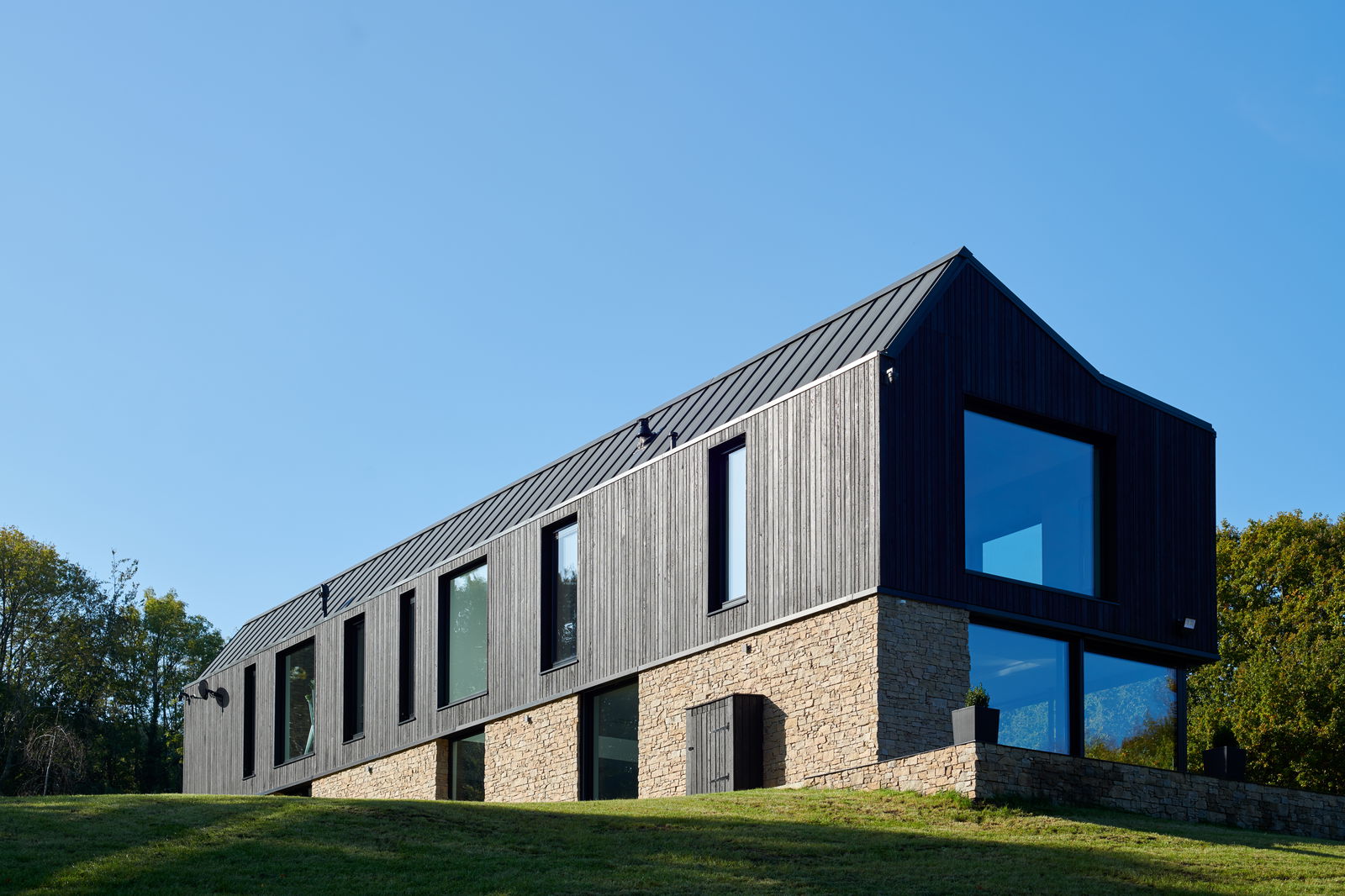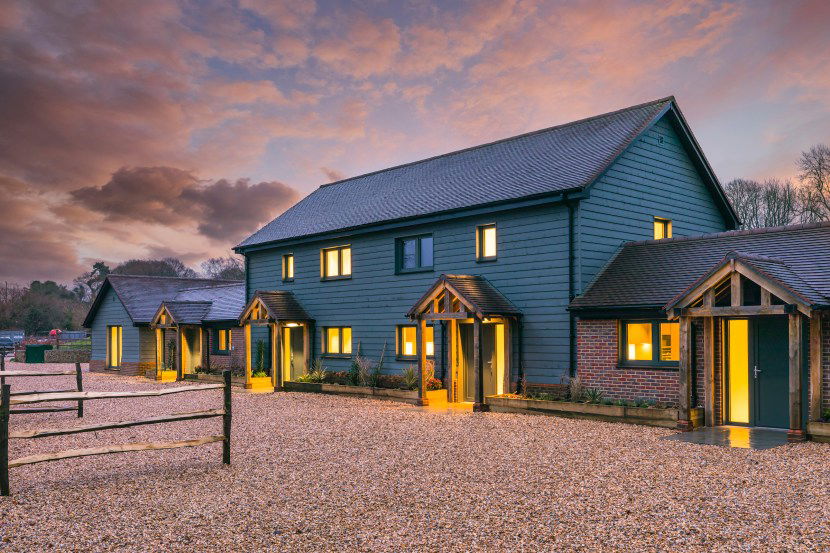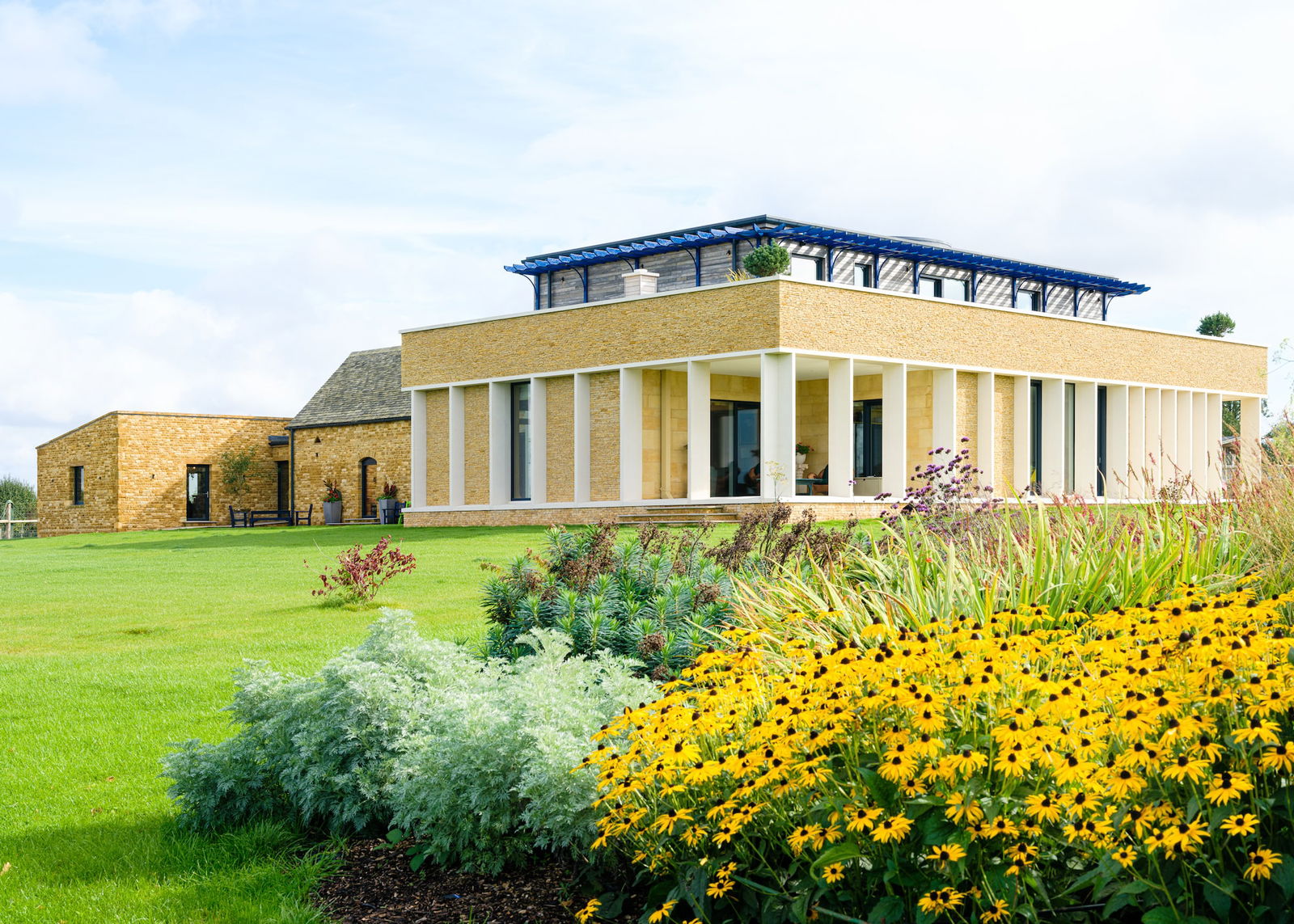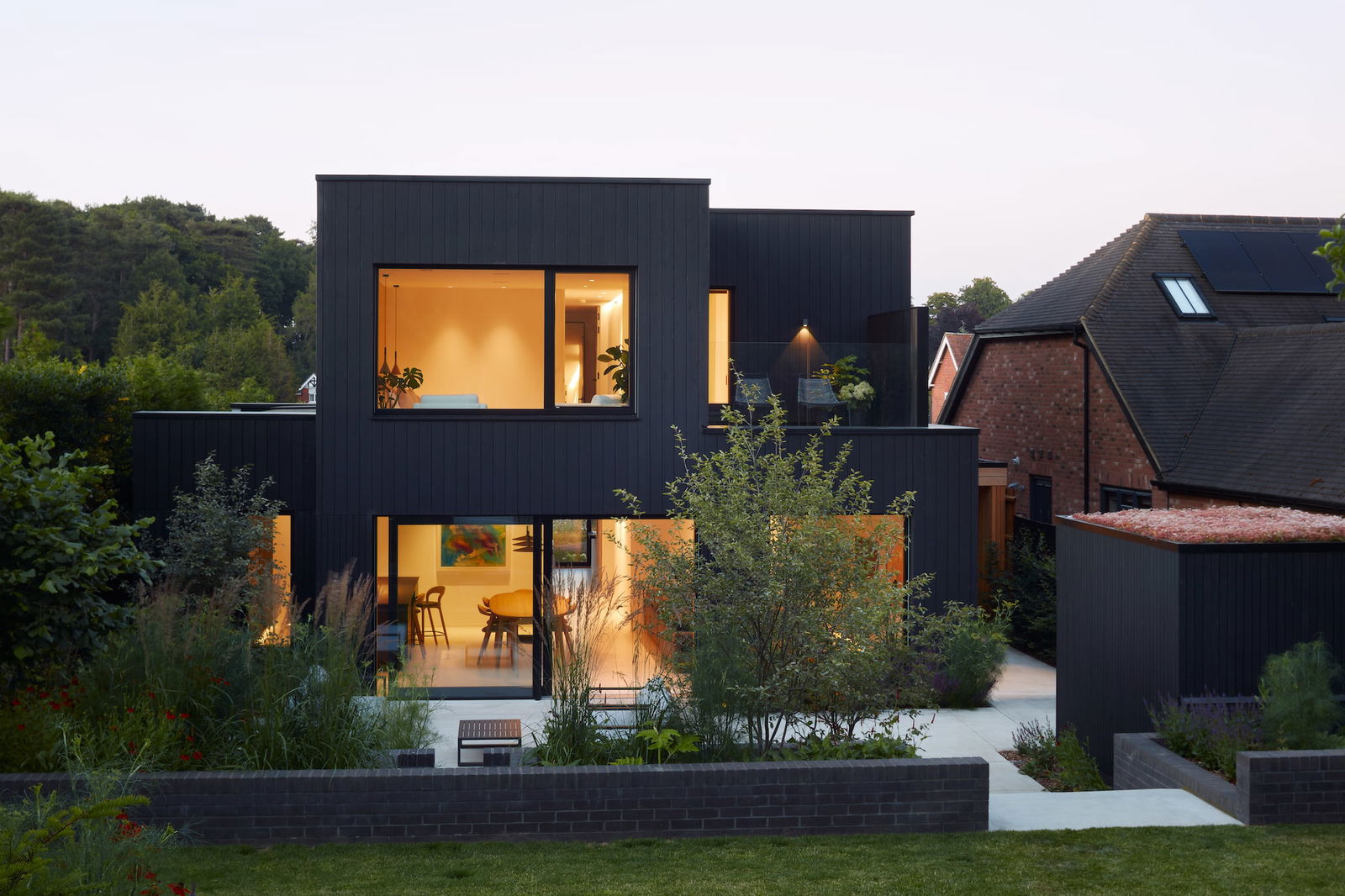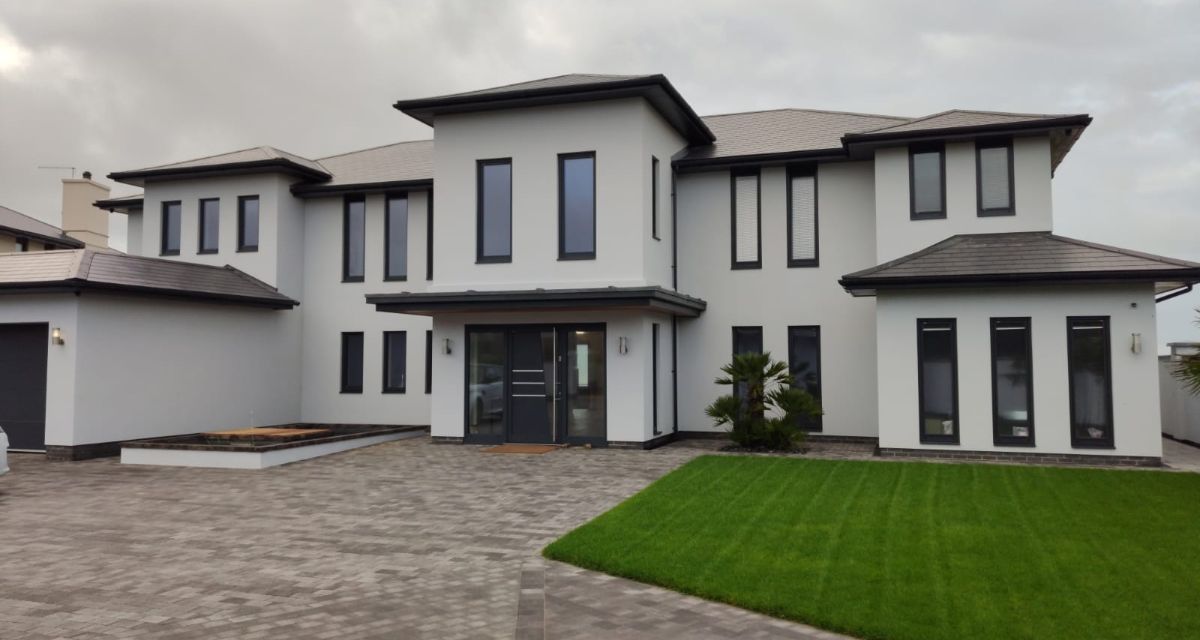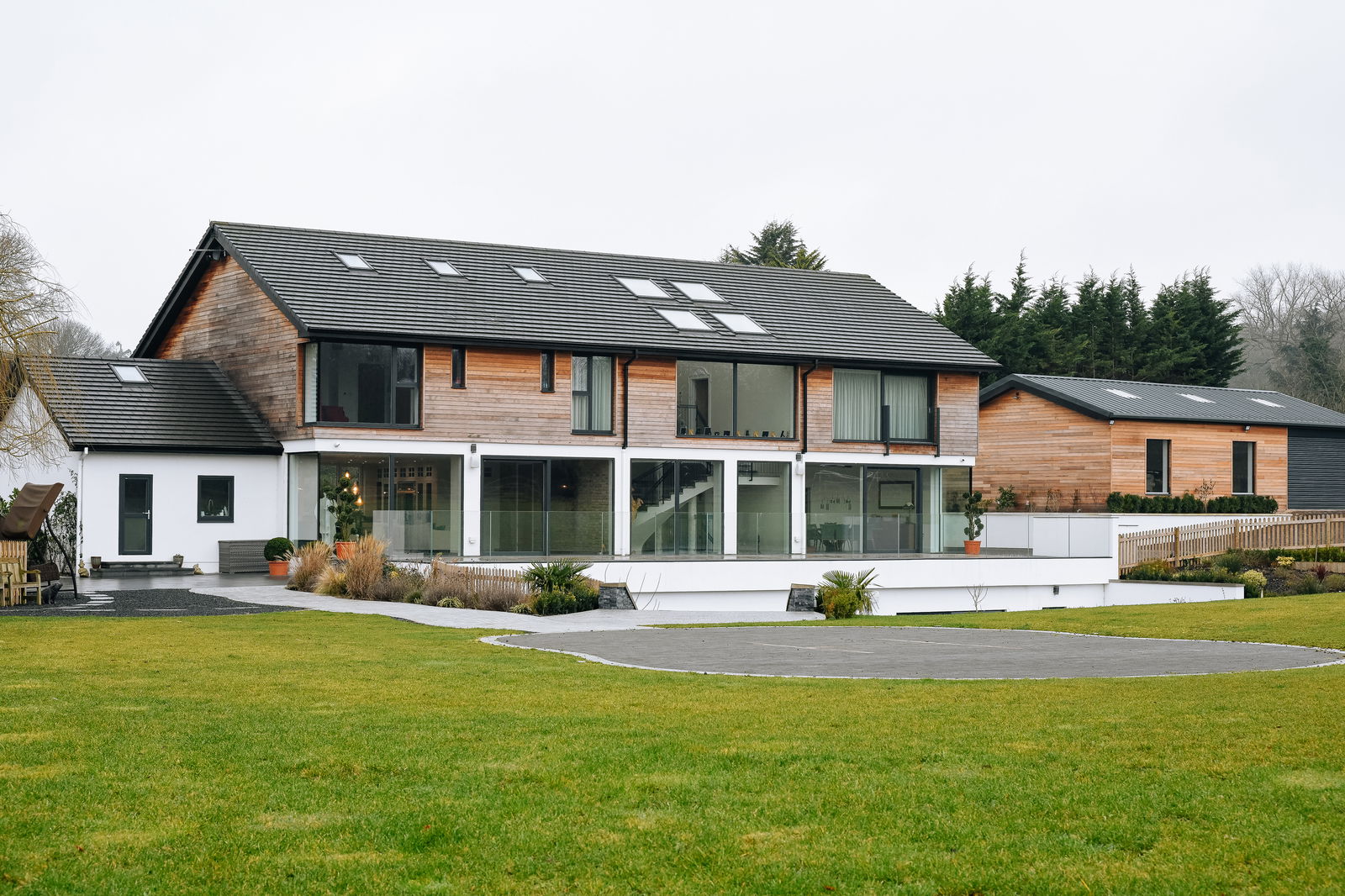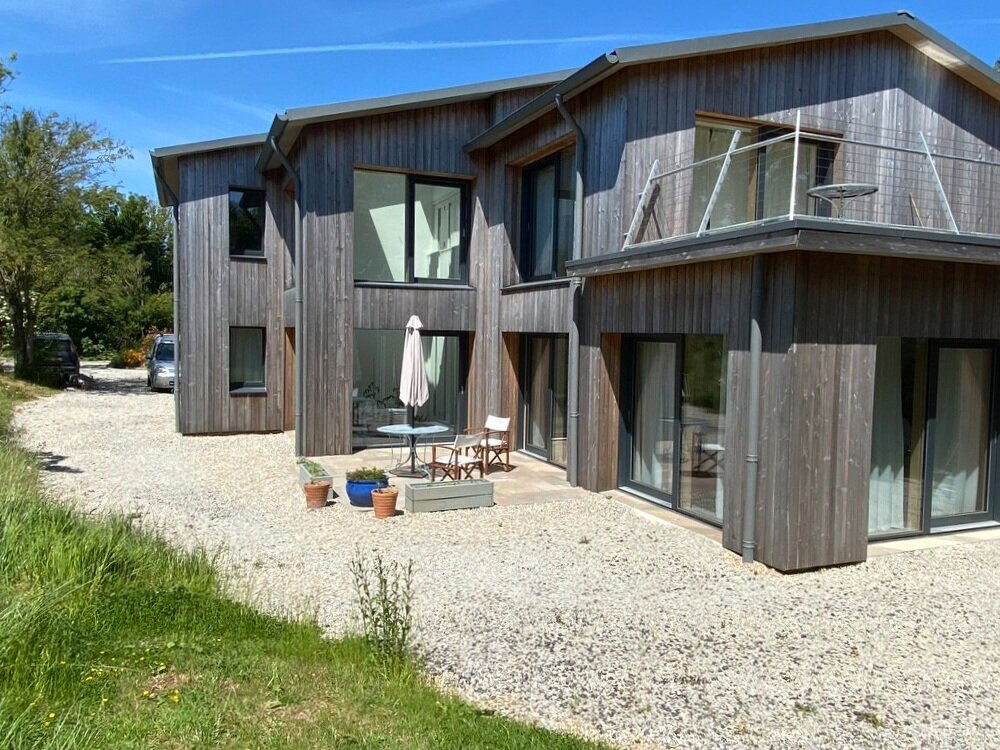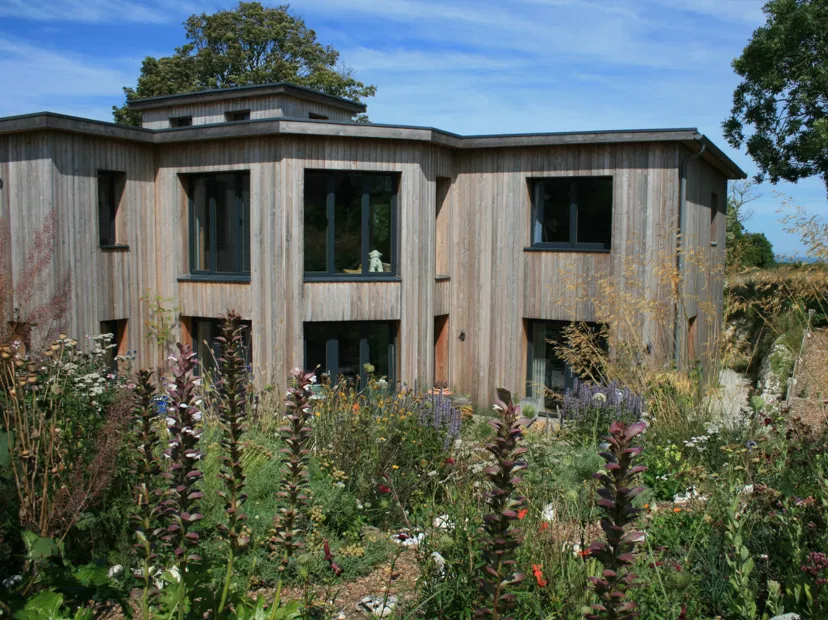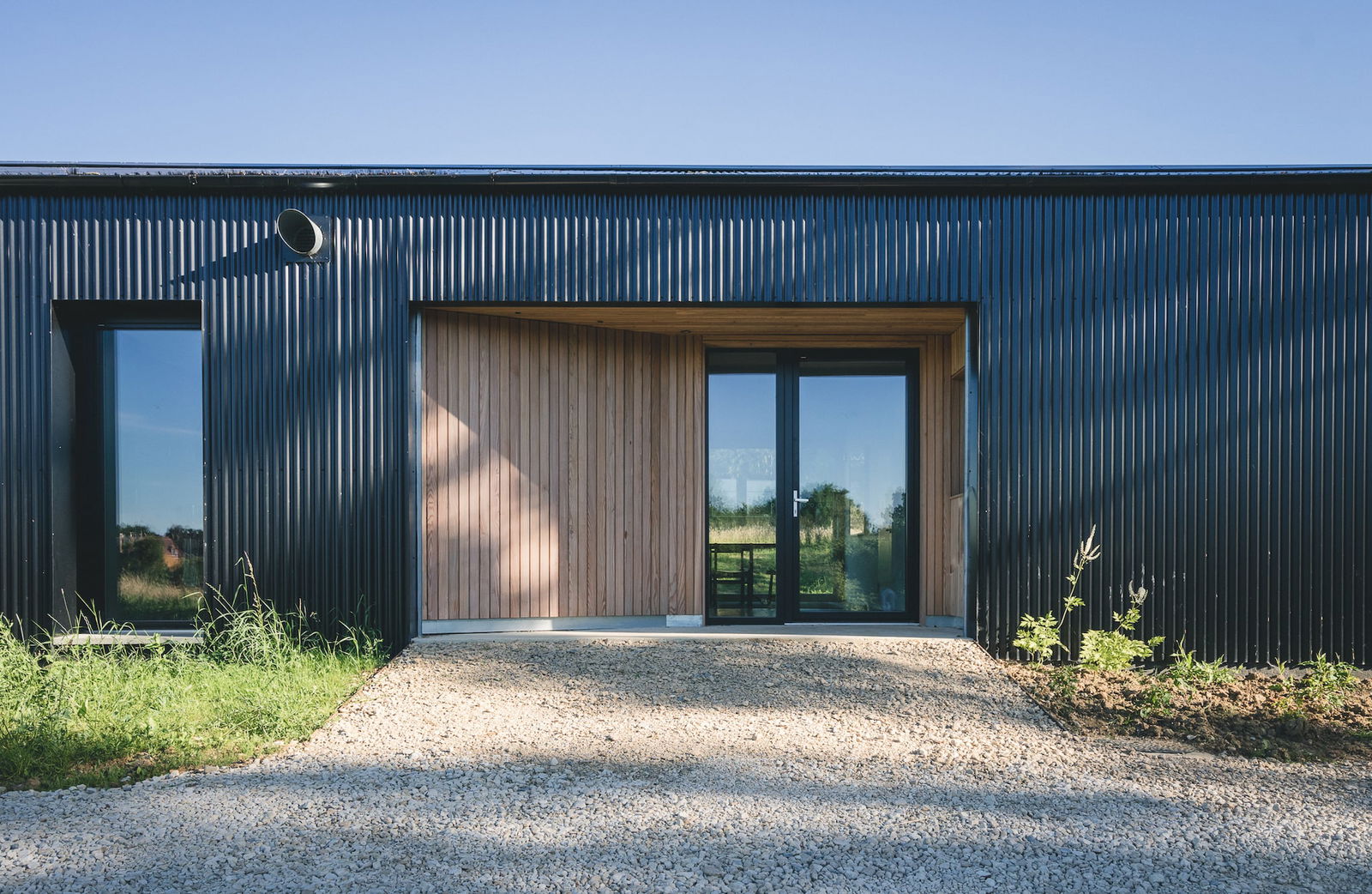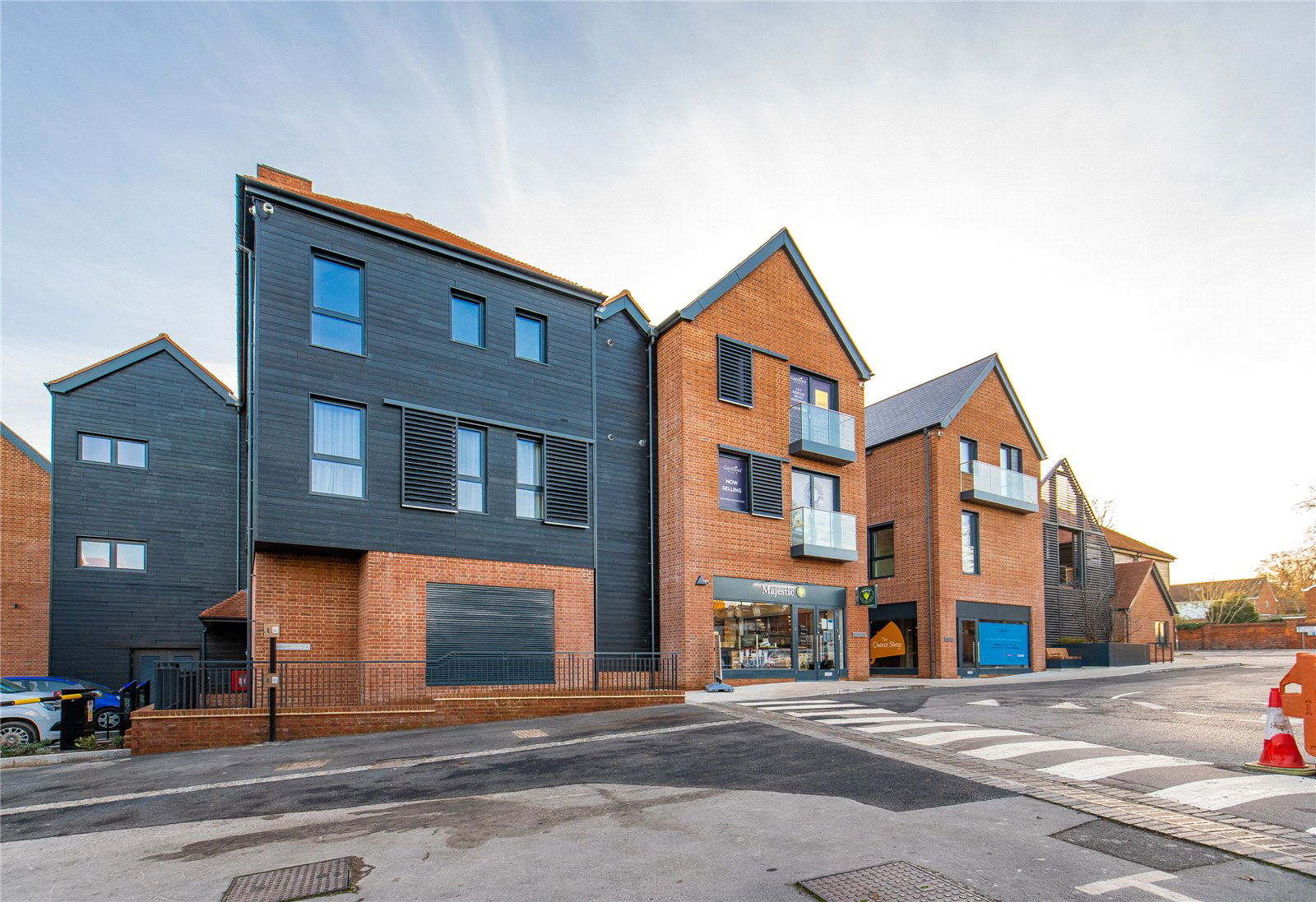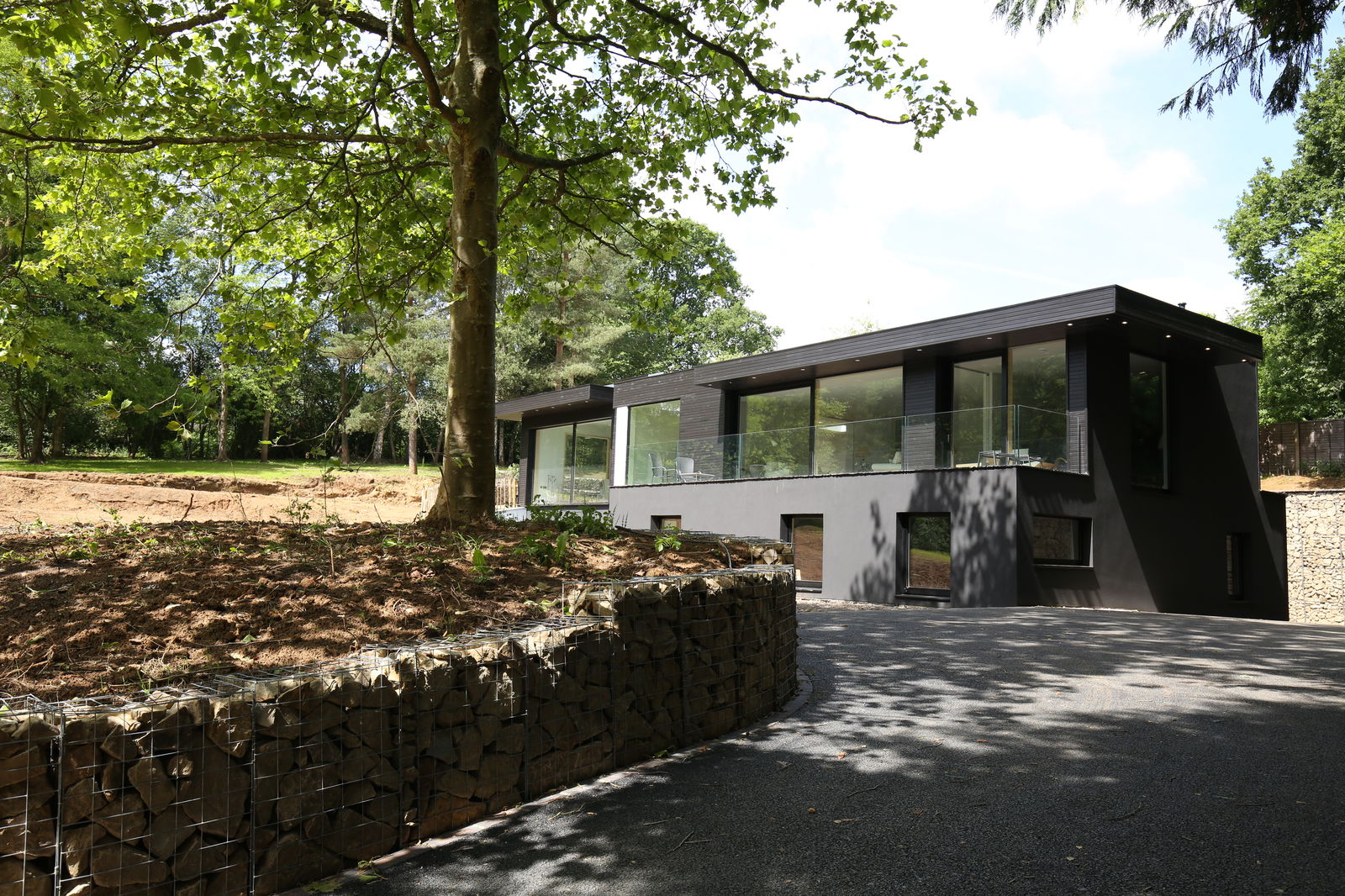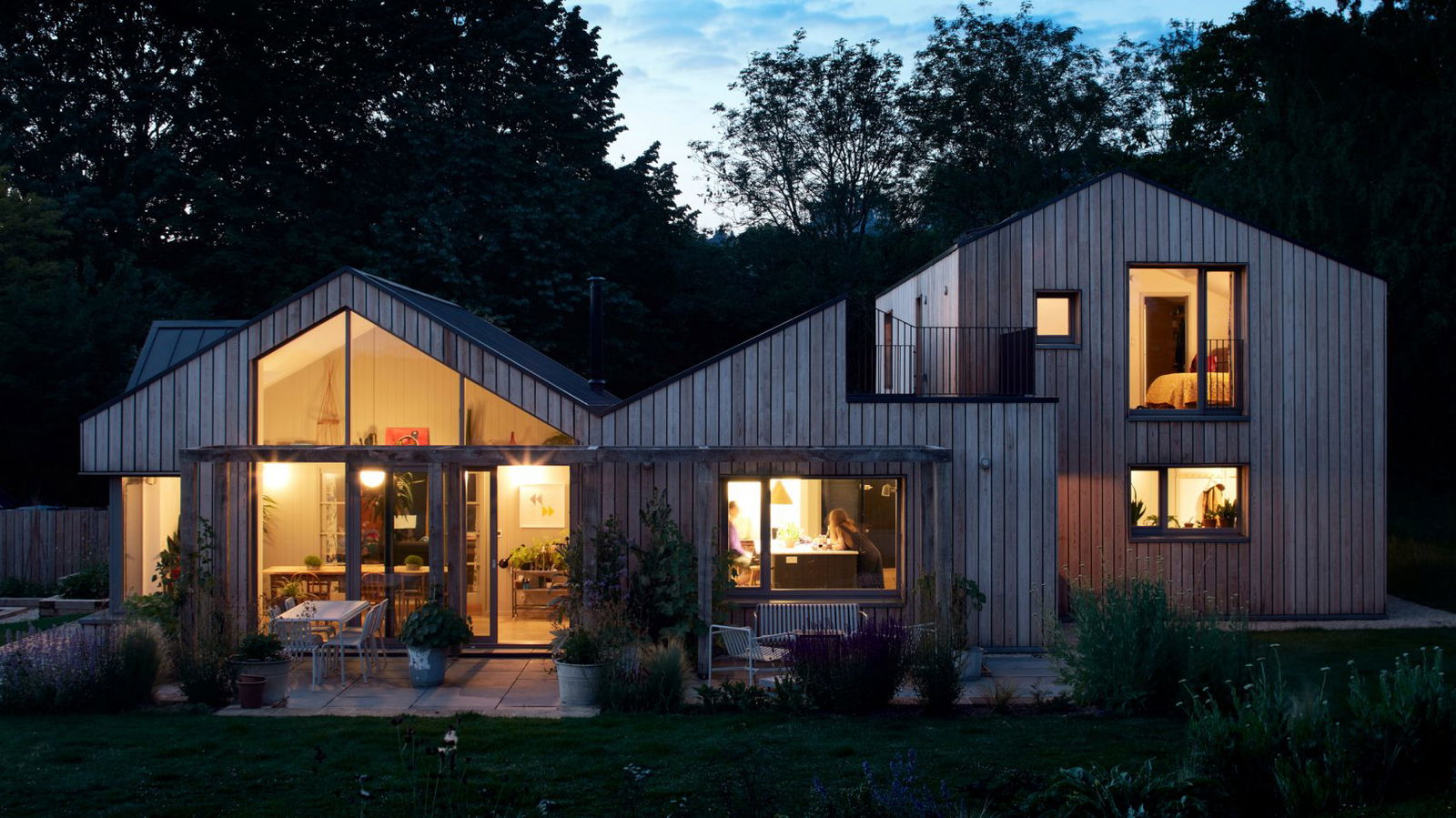How Triple Glazed Windows Can Increase Your Home’s Value
If you're considering upgrading your windows, triple glazing may have caught your attention. But is it worth the additional cost—and can it really increase your property's value?
At AT-ECO, we’ve worked with homeowners across the UK who want long-term improvements in energy efficiency, comfort, and future resale value. Based on our practical experience and industry data, the answer is often yes—especially when triple glazing is part of a wider home performance strategy.
In this article, we explore how triple glazed windows contribute to property value and what to consider before making the switch.
What Is Triple Glazing?
Triple glazed windows use three panes of glass separated by gas-filled cavities—typically argon or krypton—for enhanced insulation and noise control. These systems outperform older double glazing, especially in modern homes prioritising sustainability, comfort, and energy performance.
Why Triple Glazing Adds Value
Improved Energy Efficiency and EPC Rating
With energy costs continuing to rise, many buyers pay close attention to a home's Energy Performance Certificate (EPC) rating. Windows are a key component of a building’s thermal envelope, and high-performance glazing can make a substantial difference.
- Triple glazing can reach Uw-values as low as 0.69–0.91 W/m²K
- Older double glazing typically ranges from 1.4 to 2.8 W/m²K
The result? Lower heating demand and reduced bills.
According to the Department for Energy Security and Net Zero (DESNZ), upgrading a home from EPC band D to band B can increase its market value by up to 14%, depending on location.
Based on this, upgrading from single or old double glazing to modern triple glazed units can potentially push a property into EPC Band A or A+, unlocking even higher value increases—and aligning your home with top buyer expectations for energy performance.
Greater Comfort All Year Round
Triple glazed windows help regulate internal temperatures. By reducing draughts, cold spots, and overheating (when paired with shading or solar coatings), they create a more consistent and comfortable environment—a powerful emotional selling point during viewings.
Better Noise Reduction
Noise insulation improves dramatically with triple glazing:
- Standard double glazing: ~20–30 decibels
- Triple glazing (acoustic-optimised): ~35–50 decibels
This makes a tangible difference for homes near roads, railways, or urban centres. Many clients report a “quieter home” is one of the first things they notice after installation.
Enhanced Security
The extra pane and reinforced frame options make triple glazed units tougher to break. Combined with multi-point locks, this added strength is a key benefit for buyers prioritising security, particularly in cities or family areas.
Lower Maintenance & Long-Term Durability
Modern triple glazed windows often include advanced seals and moisture barriers that reduce condensation and frame wear. With proper installation and occasional care, they can last 30–40 years, compared to 20–30 years for standard double glazing.
Real-World Example: Kent Renovation Home Sees Major Uplift
Last year, we completed a renovation project on a 1930s semi-detached home in Kent. The property initially struggled with cold spots, condensation, and high gas bills—even after wall insulation.
The homeowners decided to remove the property from the market temporarily, opting instead to invest in triple glazed uPVC-aluminium hybrid windows. After installation, they experienced:
- A 70% improvement in energy efficiency, exceeding initial targets
- Enhanced thermal comfort and indoor air quality
- Compliance with Passive House U-value targets
- Improved security with AT 540 aluminium entrance door
- A sleek, contemporary finish that complements the home's style
Things to Consider Before You Upgrade
Cost vs Return
Triple glazing typically costs just 3–5% more than double glazing when sourced from us—far less than the 10–30% range often cited by low-end or mass-market suppliers. The modest price difference can deliver significant returns in energy savings and property value.
Whole-House Performance
Triple glazing is most effective when your home is well-insulated elsewhere. Before upgrading windows, consider a full energy assessment to identify whether wall, loft, or floor insulation should also be addressed.
Planning Permissions
Live in a conservation area or listed building? You may need approval to upgrade your windows—especially if the style changes. However, conservation-grade triple glazing may still be an option.
Structural Compatibility
Not all existing frames or openings are suitable for the added weight of triple glazing. Work with certified installers who assess your home and ensure compliance with building regulations.
Is It Right for Every Home?
In newer homes or those with quality double glazing, the performance gain may be smaller. But for older, draughty, or exposed homes, the benefits are often transformational.
Triple vs Double vs Single Glazing: At a Glance
| Feature | Single Glazing | Double Glazing | Triple Glazing |
|---|---|---|---|
| Glass Layers | 1 | 2 | 3 |
| U-Value (Thermal Efficiency) | 5.0–6.0 W/m²K | 1.4–2.8 W/m²K | 0.69–0.91 W/m²K |
| Sound Insulation | Poor | Moderate (20–30dB) | Excellent (35–50dB) |
| Security | Low | Moderate | High |
| Condensation Resistance | Poor | Good | Excellent |
| Energy Bill Savings | Minimal | Moderate | High |
| Cost | £ | ££ | £££ |
| Best For | Sheds, Outbuildings | Most UK Homes | Energy-Efficient / Cold-Climate Homes |
Final Thoughts
Triple glazing isn't one-size-fits-all—but for many UK homeowners, it’s a smart long-term investment. It enhances thermal comfort, reduces energy use, increases EPC ratings, and adds tangible resale value.
Whether you're renovating, planning to stay for the long haul, or preparing to sell at a premium, triple glazing is a practical upgrade that modern buyers are actively seeking.

